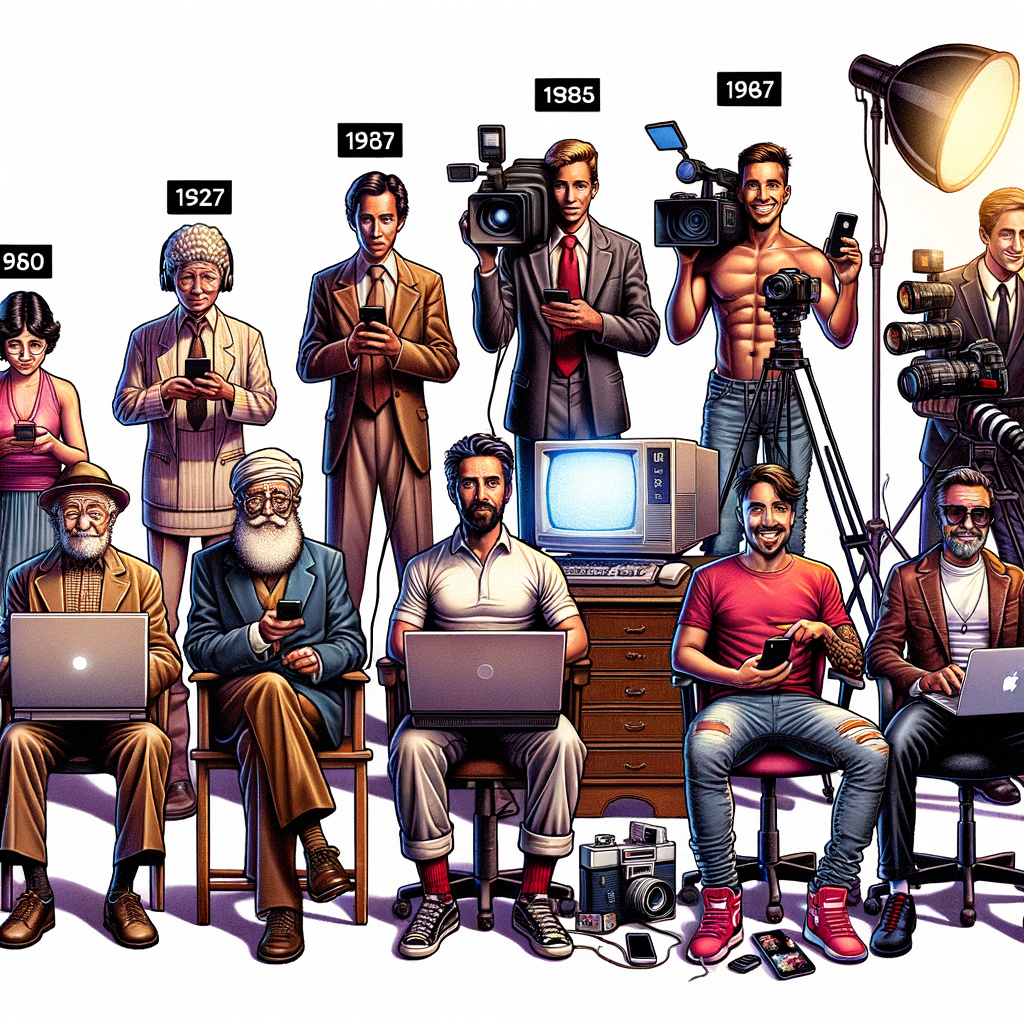The Evolution of Social Media Influencers
In a world dominated by digital communication, social media influencers have emerged as pivotal figures in marketing and consumer engagement. Understanding the journey and impact of these influencers is crucial in grasping their significance in the modern marketplace.
A Brief History
The phenomenon of social media influencing traces back to the early 2000s, coinciding with the rise of platforms such as Friendster and MySpace.
From Celebrity Endorsements to Everyday Users
Traditionally, marketing strategies relied heavily on celebrity endorsements. As social media platforms evolved, we witnessed a shift where average individuals with compelling content began to gain influence. This transition can be categorized into a few key stages:
- Rise of Blogging: Influencers began to cultivate large audiences through blogs, sharing opinions and reviews on various subjects.
- YouTube Revolution: Video content brought a new dimension, allowing influencers to connect more personally with their audience.
- Diverse Platforms: The emergence of Instagram, TikTok, and Twitter diversified the influencer landscape, permitting niche communities to thrive.
The Types of Influencers
As the influencer landscape has matured, various types of influencers have emerged, each with unique attributes:
- Mega-Influencers: Typically possess over a million followers; often celebrities.
- Macro-Influencers: Generally have between 100,000 to 1 million followers; experts in specific niches.
- Micro-Influencers: Ranging from 1,000 to 100,000 followers; known for high engagement rates and niche content.
- Nano-Influencers: Below 1,000 followers; often found within local or specific communities, boasting authentic connections.
Influencer Marketing Today
Given the continuous growth of social media, influencer marketing has become a billion-dollar industry. Brands leverage the unique ability of influencers to connect with audiences authentically. Important factors include:
Key Benefits of Influencer Marketing
- Authenticity: Influencers offer genuine insights and personal experiences with products.
- Targeted Audience: Brands can reach specific demographics effectively.
- Engagement: Influencer-follower interactions often exceed traditional advertising methods.
Conclusion
The evolution of social media influencers represents a significant shift in marketing dynamics. As we move forward, understanding their role will continue to be essential for brands aiming to engage with consumers in a meaningful manner. The future of influencer marketing appears bright, driven by ongoing innovations in content and communication technologies.

Leave a Reply